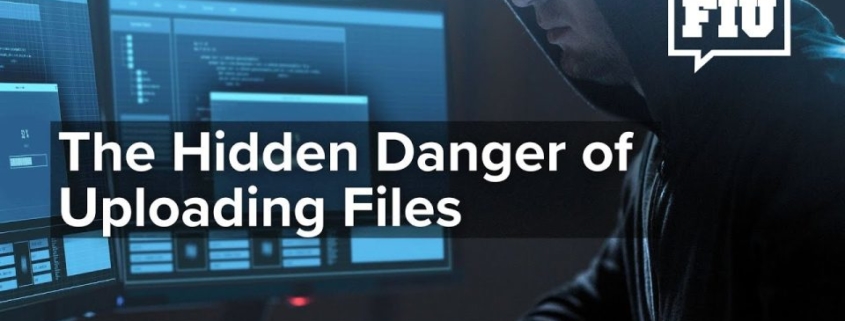FIU study: Ransomware can hide in the websites you upload files to
FIU cybersecurity researchers warn websites that request access to your files might be able to bypass antivirus software and carry out major ransomware attacks.
Free photo editors, tax document assistants and other online apps that ask for permission to access your media can encrypt files and effectively take control of them, an FIU College of Engineering and Computing study shows. These attackers could then demand ransom in exchange for the files’ safe return.
The researchers say that the hack works on all three major PC operating systems: Windows, Linux and Mac OS. Some cloud services such as Apple Cloud, Box, Google Drive, OneDrive and Dropbox are also susceptible, as well as external drives.
Just two things are needed for a malicious website to conduct the attack.
- A person needs to say, ‘yes’ to a pop-up that asks them to share their files, such as ‘Allow this website to access your photos?’
- Someone must click, ‘yes,’ on a second pop-up, which is the attack. The pop-up will be disguised as a benign message, such as an advertisement or a request like, ‘May we close the rest of your tabs for you?’
Clicking ‘yes’ on these two pop-ups is all too easy, says Selcuk Uluagac, principal investigator of the research and Knight Foundation School of Computing and Information Sciences professor.
“Antivirus software systems allow these attacks because it is normal for them to give browsers access to files,” Uluagac said. “They don’t detect that anything is wrong.”
The research was conducted in collaboration with Google senior research scientist Güliz Seray Tuncay and published in the proceedings of the 32nd USENIX Security Symposium, which is a top-tier cybersecurity conference according to Google Scholar.
“Everybody knows not to download a suspicious file. Now we are finding that it can be just as dangerous to upload a file,” said Harun Oz, a Ph.D. student on the research team.
These hacks are possible due to the increasing power of web browsers, researchers say.
“Browsers have become much more powerful over time,” said Abbas Acar, a postdoctoral researcher on the…
